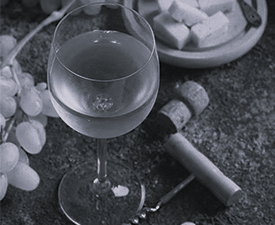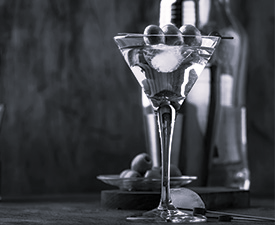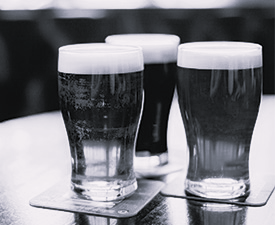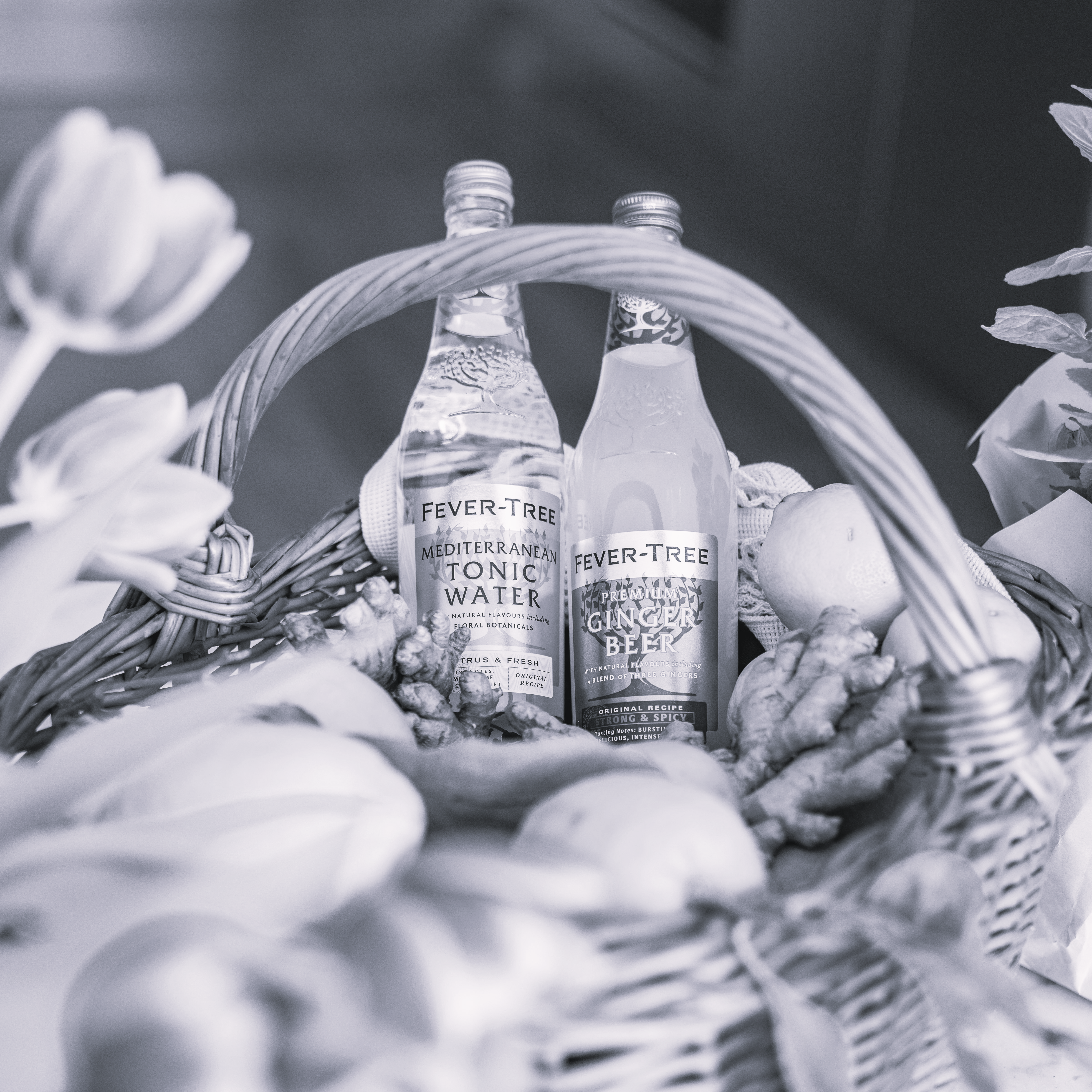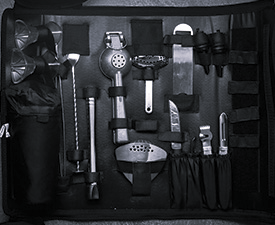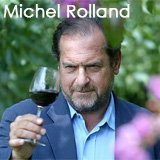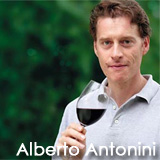Flying winemakers are winemakers and consultants who work with wineries and some even have interests in several wine growing countries.
The flying winemaker is a relatively recent phenomenon. The term was coined by Tony Laithwaite, the importer behind Bordeaux Direct and The Sunday Times Wine Club, when he employed Australian Nigel Sneyd to supervise a vintage at the St Vivien co-operative in the Dordogne.
Flying winemakers are both an obvious extension and the logical consequence of global wine investments, which sees for example: Champagne makers producing sparkling wines in France, California, Argentina, Australia and New Zealand. It makes economic sense that this high level of expertise would be used globally.
The art of the flying winemaker in many old wine regions is to modernise a wine, fruit driven, aromatic and ready for early drinking. Flying winemakers emphasize hygiene and rational work procedures, plus the use of modern winemaking techniques and analysis.
The development of the airliner has had a big effect, making it much easier for individuals to directly supervise viticulture and winemaking in different countries across the globe, rather than exchanging ideas by mail as they have for centuries.
Some are concerned that this can lead to a homogenous wine, influenced more by the winemaker's background than the local terroir and history. Many of the early flying winemakers were Australians, and used the fact that their autumn was six months ahead of the Northern Hemisphere to 'moonlight' when things were quiet at home.
Two of the most influential flying winemakers are: Frenchman Michel Rolland from Pomerol who advises over 100 wineries in 13 countries, and Italian Alberto Antonini similarly advices close to 100 wineries in 14 countries. People ask - What's wrong with raising standards of hygiene? Plus for example - it is very had to make a wine in Italy and not have it taste Italian.



